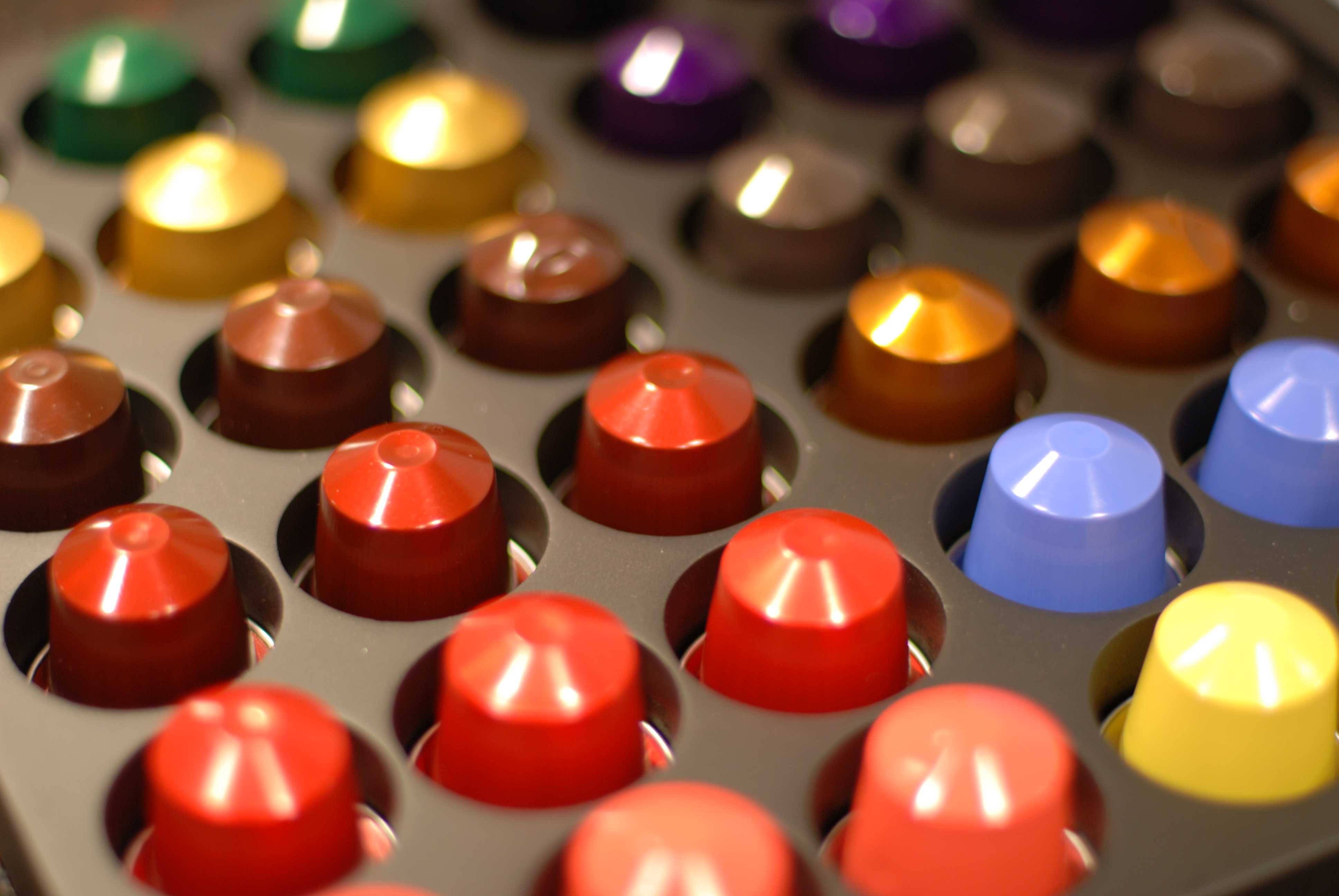After the expiration of certain technological patents, Nestlé SA may be losing its market share in the single-serving coffee industry. The founder of the Nespresso system that debuted in the 1990’s has finally outlived the tenure of some its patents, paving the way for smaller competitors to enter the market.
This is a major blow to Nestlé who once controlled the majority of the $13.45 billion dollar global business. However, while ongoing accusations of stolen technology may impact Nestlé’s future existence in the coffee pod market, the company’s developing and alternative strategies to remain competitive seem promising.
A loss in court for Nestlé for patent infringement could be detrimental to the business, specifically because these allegations are targeting one of their largest products.
They are being accused of hi-jacking technological developments by The Ethical Coffee Co. (ECC), who claim that Nespresso machines have been purposely modified to become incompatible with their biodegradable coffee capsules.
While there is no denying that Nestle’s patent on the exclusive coffee pod technology expired in 2013, they appear to continue resisting letting go of the market share and causing problems for other companies.
What is even more bizarre is that ECC currently holds the patent to the same technology that Nestlé is using to make ECC’s pods incompatible.
Although occupying only a small portion of the coffee pod market, ECC’s persistent legal assaults have finally caught up to Nestlé, forcing them to increase their efforts in both marketing and technology.
Forgoing their single-serving coffee pod business could lead to major repercussions for the Swiss food giant if not handled properly.
The Nespresso machine, Nestlé’s product with the most success in Europe and the United States, is the primary focus of the ECC’s lawsuits.
Robert Waldshmidt, an analyst at Liberum Capital Ltd., was quoted saying, “The actions, if successful, could lead to a substantial financial loss to Nestlé, from both damages paid to ECC and loss of sales in the European Union if Nestlé is barred from selling the machines in their current form.”
With Nespresso accounting for approximately 5.6% of Nestlé’s total revenue, C-level executives decided it was an appropriate time for an alternative investment.
In late February it was announced that Nestlé SA has purchased a significant stake of a Cambridge, MA startup, Pronutria Biosciences. The $43 million dollar investment appears to signify Nestlé’s entrance into an experimental territory.
Pronutria Biosciences, is a developer of proteins that target neurological, liver and muscle diseases, according to this Bloomberg article. The move signifies Nestlé’s growing interest in medical nutrition, an industry with high growth potential and larger profit margins than some of their current ventures, such as Coffee.
With Nestlé currently being tied up with allegations of patent infringement in its coffee business, now is certainly not the time to count the company out. Nestlé’s Health Sciences Department is only five years old and growing exponentially.
Although the loss of the Nespresso machine may temporarily impact the company financially, with an increased investment into their own R&D, the possibilities for Nestle’s next business ventures are endless.
It should be no surprise if Nestlé continues to invest in medical technology products in the near future. For Nestlé, this move only demonstrates the evolution of the company and its ability to adapt to the current circumstances in order to ensure a promising future


















